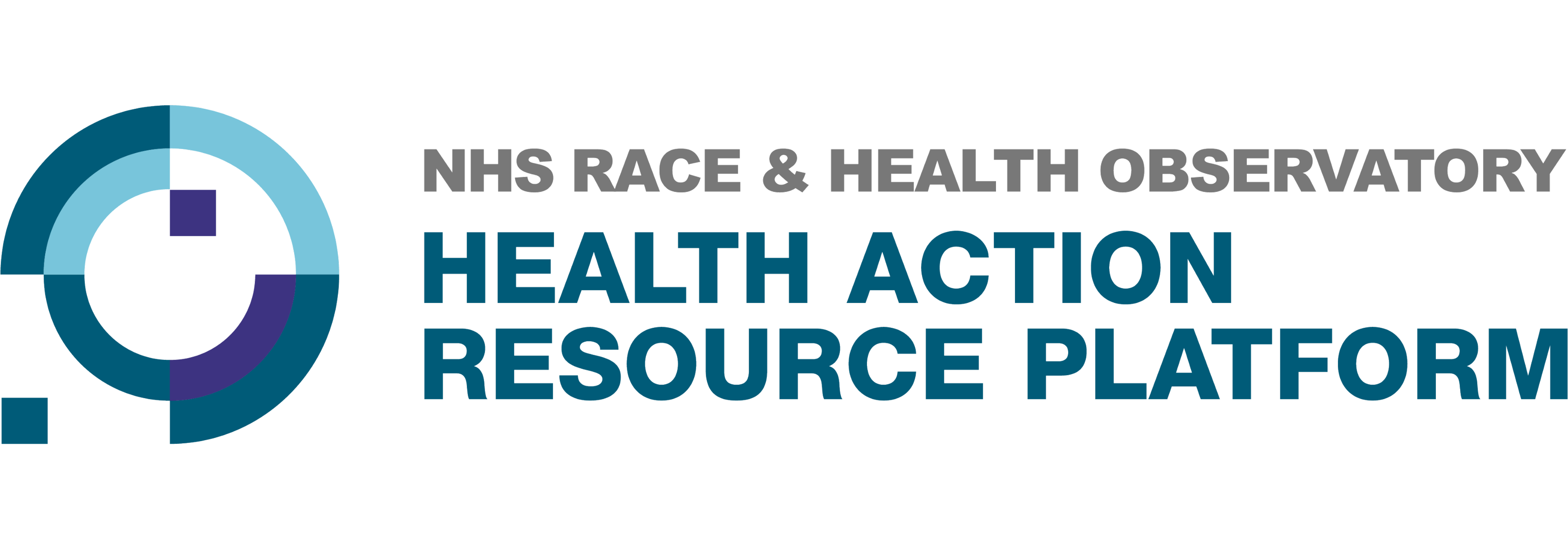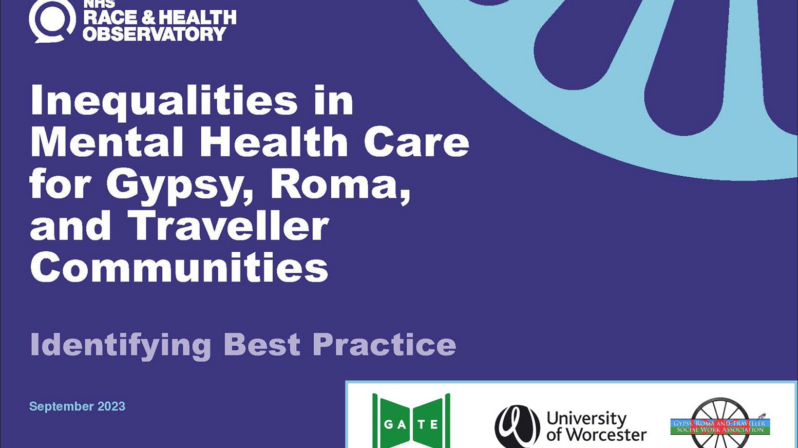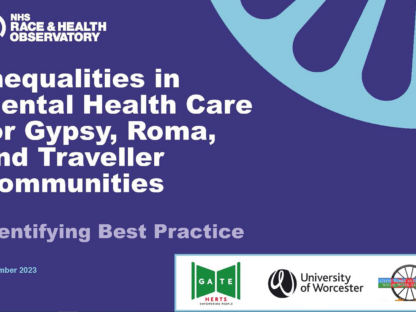Introduction
Inequities in Mental Health exist throughout access, experience, and outcomes, with Black people more likely to be detained under the Mental Health act, more likely to be subject to a community treatment order, and more likely to have negative experiences of Mental Health services.[1] Elsewhere, we know that South Asian groups have challenges in accessing talking therapies through the NHS[2], and that there are multiple barriers for Gypsy, Roma, and Traveller communities interacting with Mental Health services.[3]
The 2018 review of the Mental Health Act found that deeply entrenched racism led to inequitable outcomes for ethnic minority communities. Even then it was clear that the Mental Health Act, designed to protect the rights of individuals, was failing to serve all groups equally. The application of this legislation, however, is only part of the picture, and we must also consider how racism is embedded in the design and delivery of services and must work with communities to ensure that those services are trauma-informed and co-produced.
3.5xMental Health Act Detainment
Black people are 3.5x more likely to be detained under the Mental Health Act than White people.
7xCommunity Treatment Order
Black or Black British groups are more than 7x more likely to be subject to a Community Treatment Order, where they are treated in the community but subject to recall to hospital.
Source: NHS England- Mental Health Act Statistics, Annual Figures, 2023-24
7 foldDementia
The Alzheimer’s Society expects that, while the number of White British people living with dementia will double by 2051, the number of people from ethnic minorities with dementia will increase seven-fold in the same time period.
References
- [1] https://nhsrho.org/research/ethnic-inequalities-in-healthcare-a-rapid-evidence-review-3/
- [2] https://nhsrho.org/research/ethnic-inequalities-in-improving-access-to-psychological-therapies-iapt/
- [3] https://nhsrho.org/research/identifying-best-mental-health-practice-with-gypsy-roma-and-traveller-communities/


